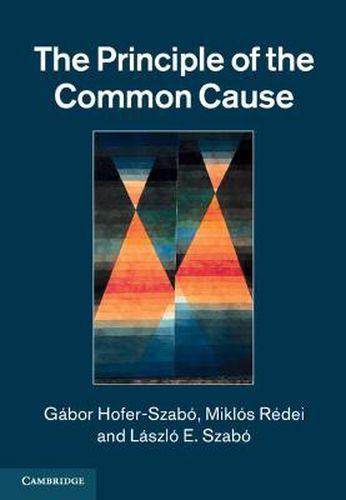Readings Newsletter
Become a Readings Member to make your shopping experience even easier.
Sign in or sign up for free!
You’re not far away from qualifying for FREE standard shipping within Australia
You’ve qualified for FREE standard shipping within Australia
The cart is loading…






The common cause principle says that every correlation is either due to a direct causal effect linking the correlated entities or is brought about by a third factor, a so-called common cause. The principle is of central importance in the philosophy of science, especially in causal explanation, causal modeling and in the foundations of quantum physics. Written for philosophers of science, physicists and statisticians, this book contributes to the debate over the validity of the common cause principle, by proving results that bring to the surface the nature of explanation by common causes. It provides a technical and mathematically rigorous examination of the notion of common cause, providing an analysis not only in terms of classical probability measure spaces, which is typical in the available literature, but in quantum probability theory as well. The authors provide numerous open problems to further the debate and encourage future research in this field.
$9.00 standard shipping within Australia
FREE standard shipping within Australia for orders over $100.00
Express & International shipping calculated at checkout
The common cause principle says that every correlation is either due to a direct causal effect linking the correlated entities or is brought about by a third factor, a so-called common cause. The principle is of central importance in the philosophy of science, especially in causal explanation, causal modeling and in the foundations of quantum physics. Written for philosophers of science, physicists and statisticians, this book contributes to the debate over the validity of the common cause principle, by proving results that bring to the surface the nature of explanation by common causes. It provides a technical and mathematically rigorous examination of the notion of common cause, providing an analysis not only in terms of classical probability measure spaces, which is typical in the available literature, but in quantum probability theory as well. The authors provide numerous open problems to further the debate and encourage future research in this field.